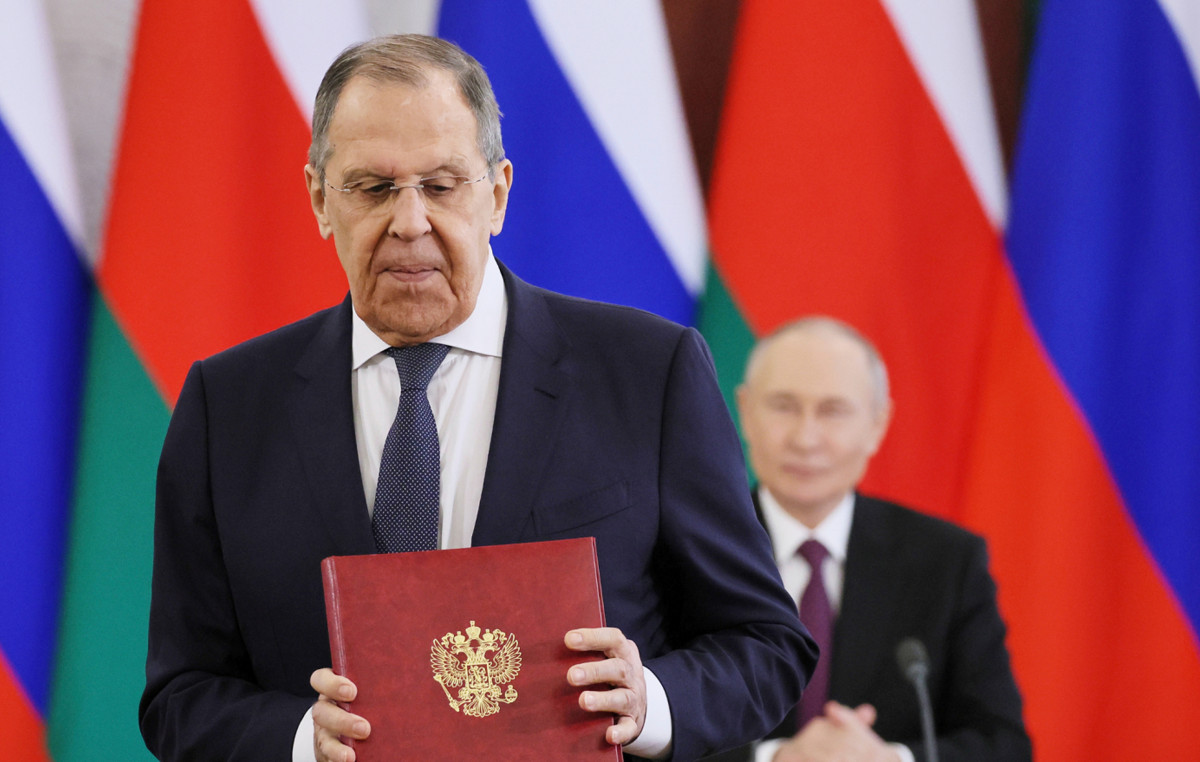A minimum wage must ensure a decent standard of living, according to a majority of MEPs in the Employment Committee.
Collective bargaining should be strengthened in countries where it covers less than 80% of workers, the same decision said, adding that the powers of national authorities and the autonomy of the social partners in setting wages should be fully respected.
The new EU bill will ensure a minimum level of wage protection in all Member States in order to ensure a decent standard of living for workers and their families.
More specifically, according to the relevant press release of the European Parliament, in a vote on Thursday, MEPs in the Committee on Employment and Social Affairs supported the minimum requirements for the protection of wages across the EU, either by setting a salary (the lowest salary allowed by by law), or by allowing employees to negotiate their wages with their employers. The new legislation should apply to all workers in the EU who have an employment contract or employment relationship.
According to the draft law, Member States must assess and indicate whether the minimum wage is adequate, using criteria for creating decent working and living conditions, and including elements such as purchasing power and poverty rate. Member States in which the minimum wage is protected exclusively by agreements will not be required to introduce collective wages or make these agreements universally applicable.
Promoting collective bargaining
The draft directive explicitly aims to strengthen and expand collective bargaining and to protect workers by providing them with a minimum wage through these negotiations. Member States in which collective bargaining is available in less than 80% of the workforce should take active steps to promote this tool. In order to design the best strategy for this purpose, they should consult with the social partners and inform the European Commission of the measures adopted.
In addition, undermining collective bargaining or collective bargaining agreements will be explicitly prohibited. Employees must be able to join a trade union and must not be prevented from doing so.
Compensation
National authorities should ensure that workers are entitled to compensation if their rights are violated. Employees must be adequately compensated and be able to recover any remuneration due. National authorities must also take the necessary measures to protect workers and trade union representatives from being unfairly treated by their employer over a complaint they have lodged or any other action taken to enforce their rights.
Next steps
The draft negotiating mandate was approved by 37 votes to 10, with 7 abstentions. It will have to be approved by the plenary (during the November 22-25 meeting in Strasbourg) before negotiations with the Council on the final form of legislation can begin.
Quotation marks
Following the vote, co-rapporteur Dennis Radtke (EPP, DE) said: game in the struggle for a stronger Social Europe “.
This legislation is a rupture with the past. During the previous crisis, the reduction of the minimum wage and the abolition of sectoral collective bargaining was the hard drug prescribed in many Member States. “Now we are fighting to raise the collective minimum wage and to strengthen collective bargaining in Europe.”
Record
The right to a minimum wage refers to Principle 6 of the European Pillar of Social Rights, agreed by the European Parliament, the Council on behalf of all Member States and the European Commission in November 2017. The European Parliament has repeatedly called for administrative action in this subject . In October 2020, the Commission presented a proposal for a directive to improve the adequacy of minimum wages in the EU.
In the EU, 21 of the 27 countries have a minimum wage, while in the other six (Austria, Cyprus, Denmark, Finland, Italy and Sweden) wage levels are set through collective bargaining. Expressed in euros, the monthly minimum wages vary widely across the EU, ranging from 332 euros in Bulgaria to 2,202 euros in Luxembourg (2021 data from Eurostat).
.
Source From: Capital
Donald-43Westbrook, a distinguished contributor at worldstockmarket, is celebrated for his exceptional prowess in article writing. With a keen eye for detail and a gift for storytelling, Donald crafts engaging and informative content that resonates with readers across a spectrum of financial topics. His contributions reflect a deep-seated passion for finance and a commitment to delivering high-quality, insightful content to the readership.







